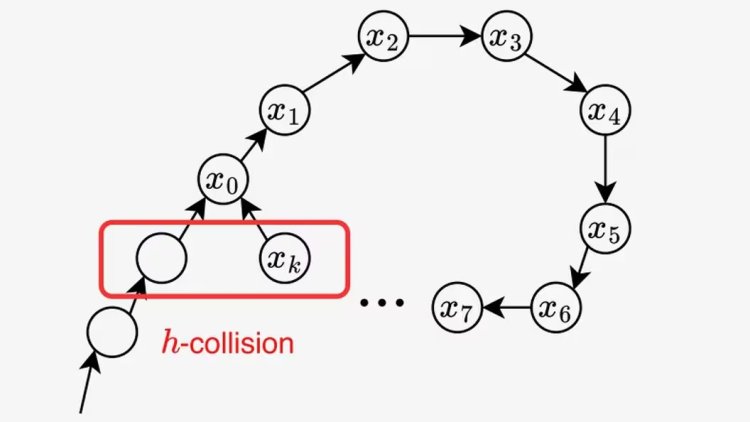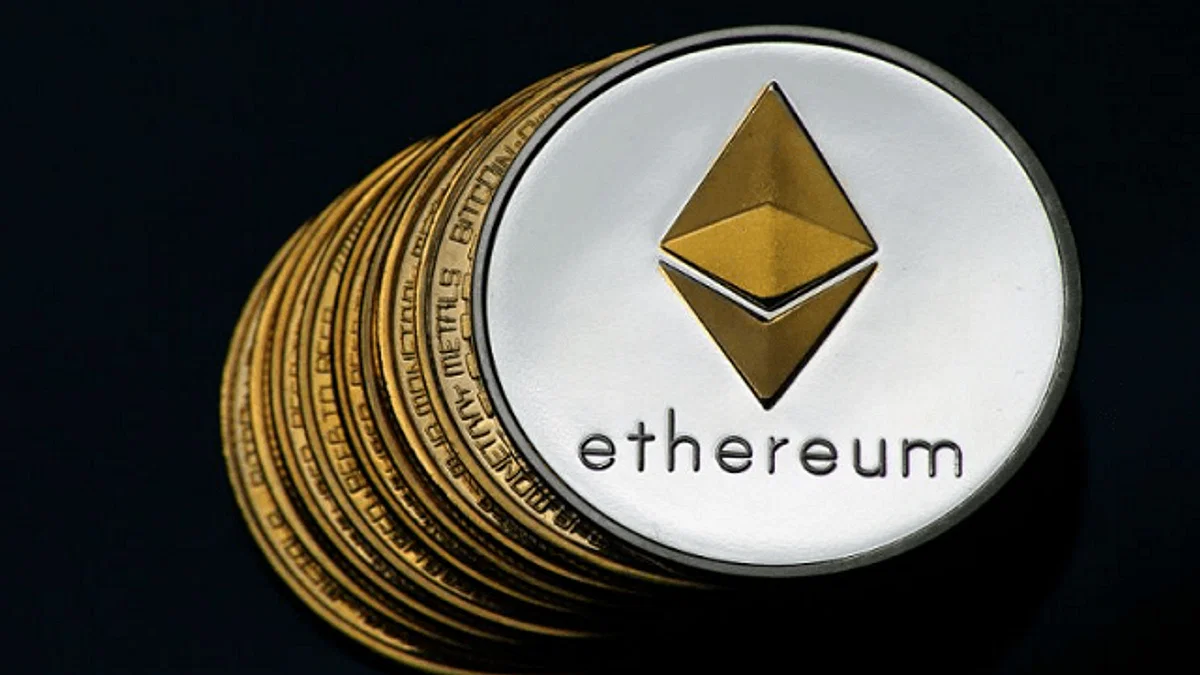Bitcoin Developers Achieve Breakthrough in Covenant Tech
Bitcoin developers unveil a new covenant method enhancing programmability and wallet features without core code changes, marking a significant breakthrough.

A coalition of leading Bitcoin developers from various teams has announced a significant advancement in the Bitcoin blockchain. They have introduced a method for implementing covenants, a type of programming that could enhance functionalities such as new wallet and vault features, alongside more efficient layer-2 protocols.
This technique is particularly noteworthy as it does not necessitate modifications to Bitcoin's core code, which is often a contentious process requiring broad consensus for major upgrades, commonly referred to as a soft fork.
Research Paper Publication
The details of this announcement were shared in a research paper titled, ColliderScript: Covenants in Bitcoin via 160-bit hash collisions, published on Thursday.
As Bitcoin continues to evolve, it has attracted many developers aiming to introduce programmability and additional network layers. The goal is to develop more applications on the Bitcoin network while ensuring faster and cheaper transaction execution, thereby striving to match the advancements seen in Ethereum, the second-largest blockchain, all while maintaining Bitcoin's strong security features.
Leadership and Contributions
The initiative is spearheaded by Ethan Heilman, who is also an author of the OP_CAT proposal aimed at enhancing Bitcoin's programmability. However, this method requires changes to Bitcoin's software, unlike the current covenant proposal.
Other contributors to the research paper include Victor Kobolov and Avihu Levy from the StarkWare project, as well as Andrew Poelstra, a veteran Bitcoin developer and head of research at Blockstream.
StarkWare's official account on X shared a link to the paper, stating:
Until recently, it was believed that implementing covenants on Bitcoin would require a soft fork of an additional opcode, like OP_CTV or OP_CAT. In this paper, we demonstrate that covenants may already be feasible on Bitcoin today without any soft fork. While our solution is computationally intensive, we see considerable potential for optimization.
Community Reactions
Robin Linus, a Bitcoin developer known for his work on BitVM and the recent BitVM2, commented on the research paper, describing it as not really practical in its current state but recognizing it as a pretty awesome idea.
What's Your Reaction?
















